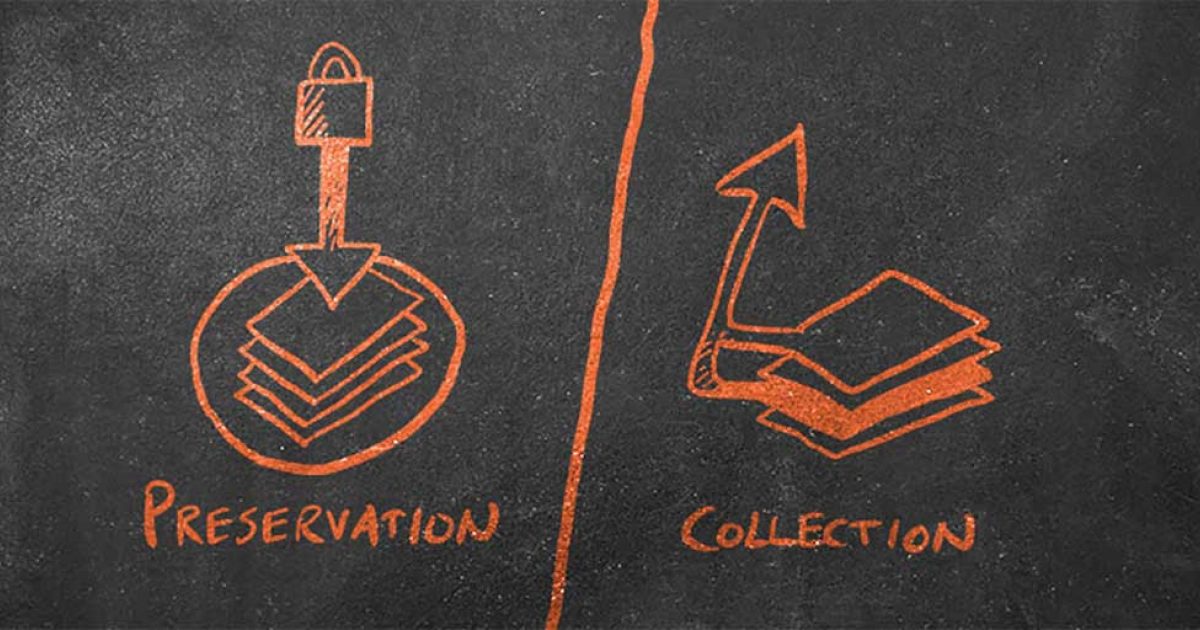The Perils of Allowing Self-Collection
Self-collection is a concept that makes eDiscovery professionals shiver. Identifying sources where responsive information lives and crafting search terms or other filters to pull data for review and production are complex. Working with a knowledgeable ESI vendor can make all the difference in a case.
A recent ruling from Judge Matthewman in the Southern District of Florida is a reminder of the perils of self-collection. In EEOC v. M1 1500 Group defense counsel allowed two employees of the client to identify and collect ESI to respond to requests for production without any supervision. Without any review, defense counsel signed the responses to the Request for Production. Plaintiff’s counsel only received 22 pages of documents, moved to compel, and requested the opportunity to inspect the Defendant’s ESI because defendant’s counsel admitted to self-collection without counsel review of the responsive documents.
Judge Matthewman cited Cache La Poudre Feeds, LLC, In re Abilify and the Sedona Principles and found:
“Attorneys have a duty to oversee their client’s collection of information and documents, especially when ESI is involved, during the discovery process. Although clients can certainly be tasked with searching for, collecting and producing discovery, it must be accomplished under the advice and supervision of counsel, or at least with counsel possessing sufficient knowledge of the process utilized by the client. Parties and clients, who are often lay persons, do not normally have the knowledge and expertise to understand their discovery obligations, to conduct appropriate searches, to conduct responsive discovery, and then to fully produce it, especially when dealing with ESI, without counsel’s guiding hand.
Applicable case law informs that ‘self-collection by a layperson or information on an electronic device is highly problematic and raises a real risk that data could be destroyed or corrupted.’ In re Abilify, (Aripiprazole) Prod. Liab. Lit., 2017 WL 9249652 (N.D. Fla. 2017). In the case at hand, it is very clear that Defendant’s employees self-collected ESI in order to respond to Plaintiff’s document requests without sufficient attorney knowledge, participation and counsel. This is improper and a practice that can lead to incomplete discovery production or even inadvertent destruction of responsive information and/or documents. The Cour is especially concerned that Defendant has produced only 22 pages of documents total in this case and that two self-interested employees allegedly collected the responsive documents and information.”
While the Court was not thrilled, they allowed defense counsel another chance to comply with their discovery obligations. Judge Matthewman required a meet and confer between the parties to agree on relevant ESI sources, custodians, and search terms as well as ESI protocol. The judge even suggested that an ESI vendor be retained to assist with the process.
This case highlights the perils of allowing self-collection along with the importance of having a thorough understanding of eDiscovery and ESI collection. If counsel does not have the required knowledge then working with an ESI vendor could be the next best step.
For more Tidbits & Thoughts, please click here.






